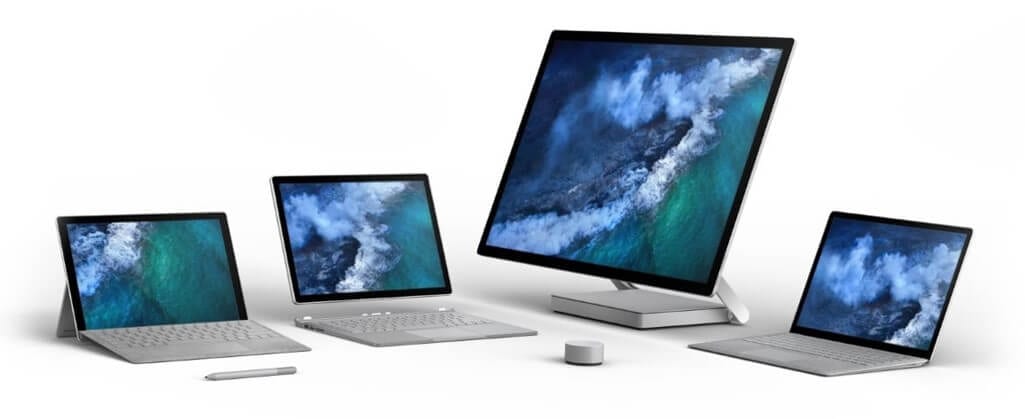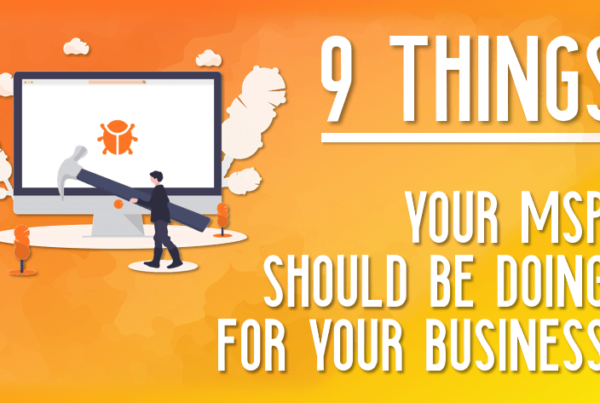
Is it Time for a New Computer?
You’re sitting down one afternoon, maybe at work or at home, waiting for your computer to turn on and it seems that lately it’s taking longer and longer to boot up. Then perhaps you start thinking that when you try using applications, you’re seeing the same issues there as well. The other day you were surfing the web, and everything loaded at a snail’s pace. Or perhaps a new game caught your eye and after you went through the buying, downloading, installing, updating, and patching processes, the game stutters horribly unless you “dumb down” all the graphical settings to the bare minimum.
After these thoughts, you might try to remember when you purchased your PC/laptop and begin weighing the options of perhaps upgrading or outright purchasing a new rig. Your thoughts now slowly start turning into fears as the realization of purchasing a new computer is usually a hefty purchase. So how often should you expect to replace your computer? Studies have shown that users should replace their computers at least every four years.
The Checklist for Deciding
A basic checklist provided by Computer Hope offers some assistance on whether you should look to purchase a new device:
- Is your computer four or more years old?
- Do you need (not want) better hardware (e.g., SSD, Bluetooth, more slots for RAM, etc.)?
- Has the internet gradually started to load more slowly?
- Is new software barely meeting or failing to its minimum system requirements?
- Do you want to upgrade to a more recent operating system (e.g., the latest version of Windows)?
If you’ve said ‘yes’ to three or more of the above questions, it’s likely you should look into upgrading. More so, if you specifically said ‘no’ to the last three questions it might be better to wait and not rush into any immediate purchase.
You’ve Decided to Purchase a New Device, Now What?
Assuming all the questions have been answered and you’ve made the decision to purchase a new computer, now what? What should you get? Purchasing new computer can mean a hefty monetary investment, so making sure you’re getting the device will work best for you now and for the next several years is an important process.
Here are some questions you’ll need to ask yourself. What will you be using the computer for? Work, pleasure, or both? If pleasure is a part of the answer, are you a gamer? Also, will you need to use your computer while traveling, or will your use be limited to your home or office?
Advantages of Considering a Laptop
These questions can direct you towards whether you would want to look at purchasing a standard desktop PC or a laptop. Laptops are portable, which is a definite advantage for mobile professionals who work where ever they are needed; however, laptops are also generally limited in future upgradeability, if even able to at all. Not to mention, a computer with identical or similar specifications will be costlier as a laptop than a desktop.
Advantages of Considering a Desktop
Looking at desktop options, the opposites will be true. Purchasing a new computer in desktop form usually allows lower pricing, but you are limited to using the computer where you have it set up. The rare exception would be lugging the ‘tower’ around with you from place to place and either plugging it into a monitor at another location… or, also lugging your monitor around. Personally, I used to do this very thing decades ago when I was in college. Back then, laptops were in their infancy and cost much more than they do now—and the quality wasn’t anywhere near what you could get in a desktop. Furthermore, laptops could range 10-15 pounds on their own which made the convenience much less appealing than it is today. Looking at the long-term use of your new computer, choosing the desktop model will allow options for upgrading. If you want to increase your hard drive, memory, or graphics card, you can do so. This would be something to keep in mind especially if you like gaming. Technology advances so quickly that the game you’re playing on your PC today may be obsolete in two years. In this case you could upgrade your graphics card to the latest and greatest at the fraction of the cost of having to replace the entire rig. Properly maintaining and upgrading your desktop likely will increase the amount of time needed before you reach the point of needing to fully replace the computer.
Keep Your Peripherals to Save Money
Something else to keep in mind as an added benefit for going the desktop route, is most of the peripherals you have for your computer can be used on your next system. Your monitor, keyboard, mouse, speakers and other gadgets will plug directly into any new system you decide to purchase down the line. While this is convenient, this can also be yet another cost saving method as many manufactures sell only the tower at a discount.
Other Components to Consider: Add-Ons and Warranties
Whichever direction you choose, compare similar models as prices will differ depending on features and software. For example, if you need the full Microsoft Office Software line, many new computers have options to include this at purchase. Compare this type of pricing to what the software would run on its own. Depending on the manufacturer, you may get a price break to include this from the start. On the other hand, it may save you a few dollars to forgo the software and purchase it separately on your own.
Finally, make sure to investigate what the manufacturer offers for both a standard warranty and see if there are any extended service plans that can be added. A good rule of thumb with electronics is that or when things quit working, it’s usually expensive. It might be worth the peace of mind to have your computer covered for 3 to 5 years to avoid unexpected out-of-pocket repairs. Also, if you’re purchasing on your credit card, many card companies also offer warranties of their own for products purchased while using their card. Buying a computer is a hefty investment. However, keeping these things in mind will ensure your money is well spent for the foreseeable future.
Alex Hoosz, PEI




